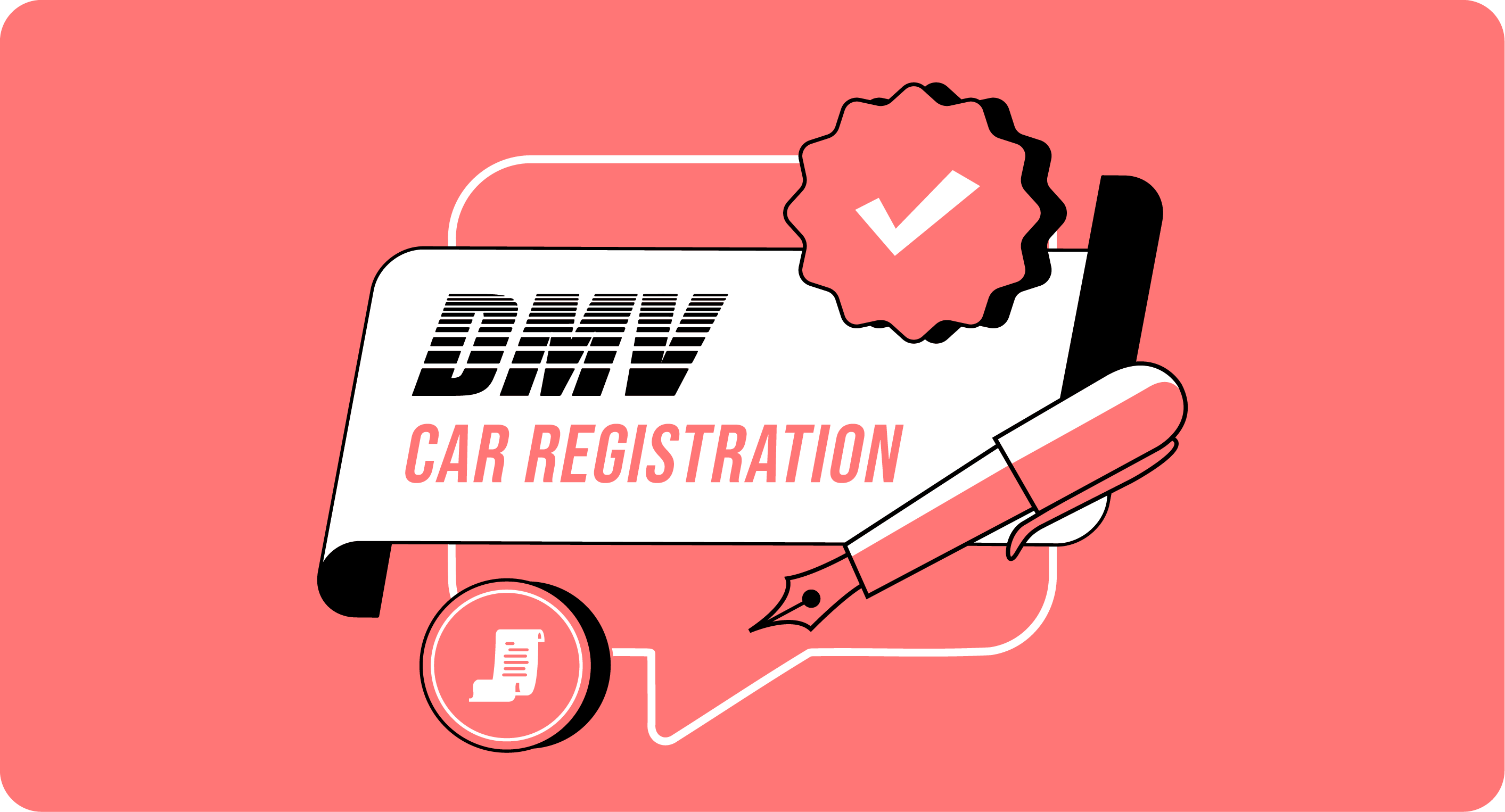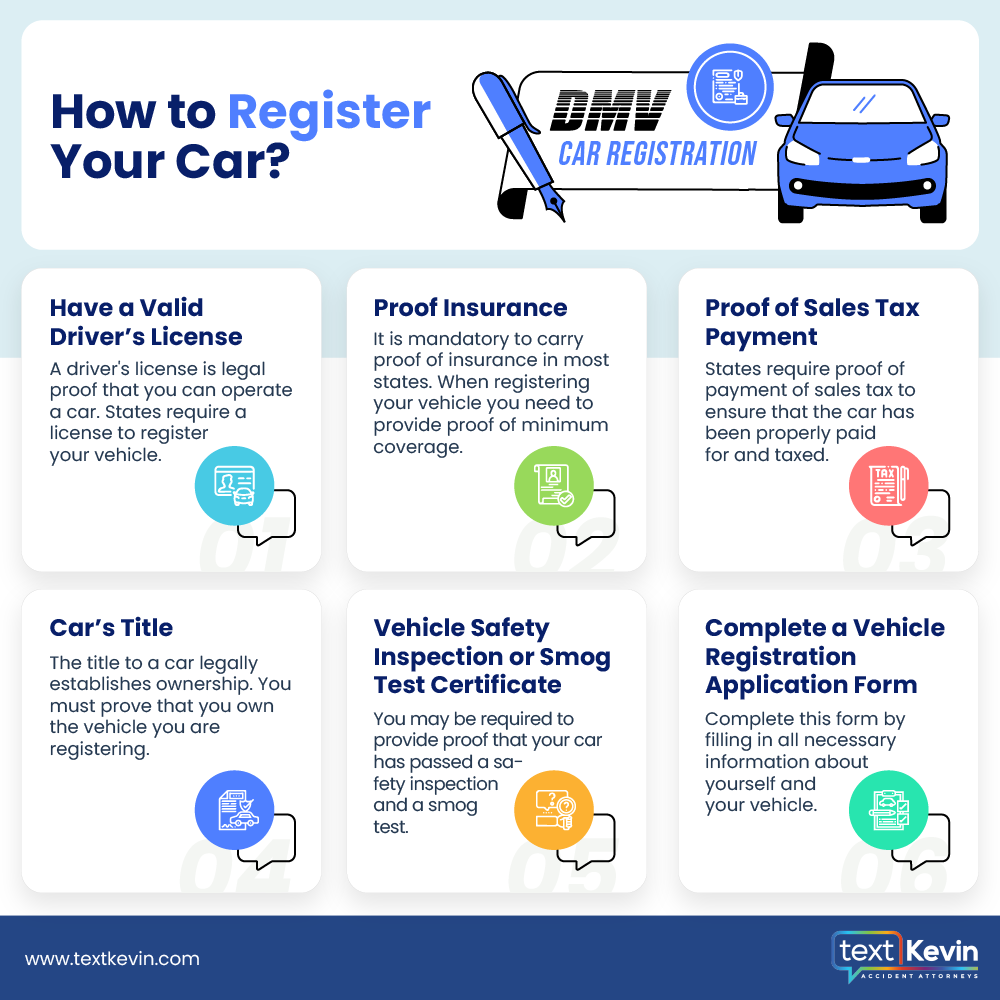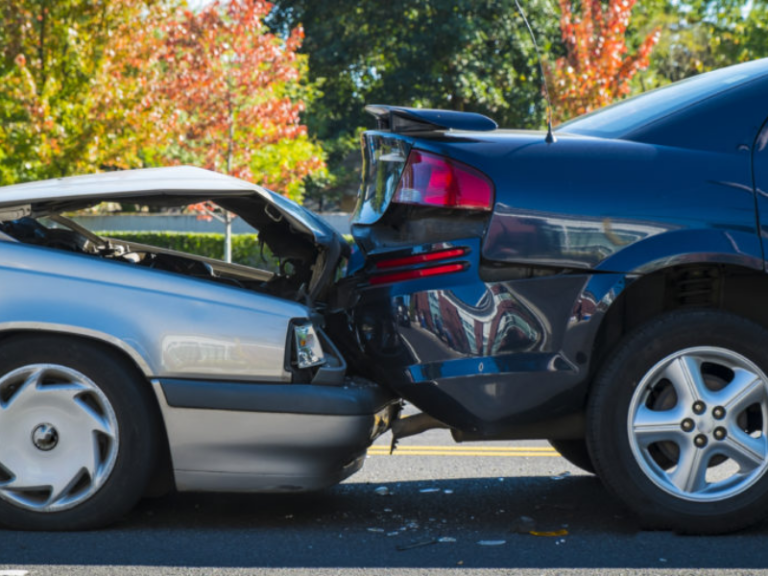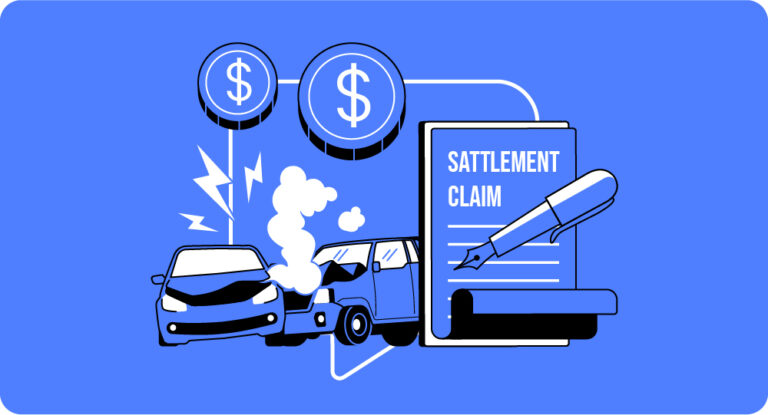- Driving Laws

Driving the roadways requires more than just a set of wheels and a destination in mind. Among the essentials for any journey is a valid car registration, a piece of documentation that keeps us all moving safely and legally.
At Text Kevin Accident Attorneys, we understand the importance of being informed about the legalities that come with car ownership. Kevin Crockett stands at the helm of Text Kevin Accident Attorneys, embodying excellence and dedication in personal injury law. With degrees from the University of California, Irvine, both in his undergraduate studies and law degree, Kevin’s educational foundation is as strong as his professional determination.
Recognized by Best Lawyers, the oldest and most respected peer-review publication in the legal profession, Kevin has earned a standout reputation in plaintiffs’ litigation. His contributions to legal magazines and the accolades he has gathered along the way underscore his deep commitment to providing top-tier legal advice and representation.
As an award-winning car accident lawyer in California, Kevin is a pillar for those seeking justice and support through challenging times.
What is Car Registration?
Car registration is a mandatory process that links a vehicle to its owner. This legal requirement helps states keep track of vehicles on the road, ensuring they meet safety and emissions standards. When you register your car, you’re issued with a registration card or certificate. This document includes vital information about your vehicle, such as the Vehicle Identification Number (VIN), your name and address, license plate number, vehicle make and model, a unique registration number, and the registration’s expiration date.
Why Register Your Car?
Registering your car is not just a formality—it’s a fundamental aspect of being a responsible vehicle owner. This process is important for several reasons, primarily serving as a mechanism for the state to ensure that all vehicles on its roads are accounted for, meet specific safety and environmental standards, and are operated by individuals who have taken the necessary legal steps to do so. When you register your vehicle, you’re not only complying with the law but also contributing to a larger system designed to keep roads safe for everyone.
Driving an unregistered vehicle is illegal, and being caught in such a situation can lead to immediate penalties. Fines are the most common form of penalty, with amounts varying widely depending on the state and the length of time the vehicle has been unregistered. In addition to fines, you might also be subject to receiving tickets from law enforcement officials. These tickets can accumulate quickly, leading to a substantial financial burden over time.
Also, the penalties for not registering your vehicle can escalate beyond fines and tickets. In some cases, law enforcement has the authority to impound your vehicle. This not only means a loss of mobility and convenience but also involves impound fees and the hassle of retrieving your vehicle from the impound lot. The process of getting your vehicle back can be time-consuming and costly, adding to the already significant penalties for not registering.
The importance of vehicle registration extends beyond avoiding penalties. It’s a process that ensures your vehicle is legally recognized and that you are accountable for its use on public roads. When you register your vehicle, you provide the state with vital information, including the make and model of your car, its identification number, and your personal details as the owner. This information is crucial in the event of accidents, thefts, or other incidents involving your vehicle. It allows for an efficient way to identify and contact you, the owner, when necessary.
Registering your car also plays a role in maintaining public safety. Part of the registration process often involves ensuring that your vehicle meets specific safety standards and, in some cases, passing an emissions test. These requirements help to ensure that only vehicles that are safe to operate and environmentally compliant are allowed on the road. By keeping unsafe or excessively polluting vehicles off the streets, the registration process contributes to safer driving conditions and a healthier environment.
Vehicle registration is a way for states to generate revenue that is then invested back into the community through road maintenance, public safety programs, and transportation infrastructure improvements. The fees collected from vehicle registrations help fund the construction and repair of roads and highways, ensuring that the infrastructure remains safe and efficient for all users.
How to Register Your Car
The process varies slightly from state to state, but generally, you’ll need to provide:
- A Valid Driver’s License: Your driver’s license is proof of your legal authorization to operate a vehicle. It verifies your identity, residency, and ability to drive. States require this to ensure that the person registering the vehicle is qualified to be behind the wheel.
- Proof of Insurance: Carrying vehicle insurance is mandatory in almost every state. It protects you, your vehicle, and other road users in case of an accident. When registering your vehicle, proof of insurance confirms that you meet the minimum coverage requirements set by your state, ensuring financial responsibility for any damages or injuries you may cause while driving.
- Proof of Sales Tax Payment on the Vehicle: This demonstrates that you’ve fulfilled your tax obligations upon purchasing the vehicle. States require proof of sales tax payment to prevent tax evasion and ensure that all vehicle transactions are properly recorded and taxed according to state laws. This may be shown through a sales receipt or a tax payment certificate from the dealership or previous owner.
- The Car’s Title: The vehicle title is a legal document that establishes ownership of the vehicle. When registering a car, the title must be transferred to your name to prove that you legally own the vehicle. This document contains important information about the vehicle, such as the VIN, make, model, and year, as well as the name and address of the owner.
- Possibly a Vehicle Safety Inspection and/or a Smog Test Certificate: Some states require a vehicle safety inspection, a smog test, or both to ensure that the vehicle meets specific safety and environmental standards. These inspections help reduce harmful emissions and ensure that vehicles on the road are safe to operate. The requirement for these tests can depend on the vehicle’s age, type, and the specific regulations of your state.
- The Completed Application Form for Vehicle Registration: This form collects all the necessary information about you and your vehicle to process the registration. It typically includes details like the vehicle’s make, model, year, VIN, and your personal information, such as name, address, and driver’s license number.

Pro Tip: Vehicle Registration Online
In many states, you can register your vehicle online for added convenience. Check your local DMV website to see if this option is available and what documents you’ll need to provide digitally.
Registration Costs and Timeline
Registration fees contribute to state funds for road safety and vary depending on the vehicle’s weight, age, market value, and fuel efficiency, typically ranging from $20 to $220. The registration timeline also varies by state, with most requiring renewal every one to two years.
Why Is Keeping Your Registration Updated Important?
Keeping your vehicle’s registration updated is more than just a legal requirement; it’s a critical aspect of responsible vehicle ownership that ensures you’re always ready to drive without any legal impediments. The registration of your vehicle confirms that it complies with all state regulations, including safety standards and environmental laws. It also enables the state to keep an accurate and current database of all vehicles operating on its roads, which is essential for law enforcement and public safety efforts.
Understanding your state’s registration timeline is key to maintaining continuous legality for your vehicle’s operation. Registration requirements vary significantly from one state to another, with some states mandating annual renewal while others may allow for a biennial process. Certain states might set the renewal date based on the vehicle’s initial registration date, the owner’s birthday, or another specific date that applies to all vehicles within that state.
Ignorance of these deadlines can lead to lapses in registration, which are often met with penalties such as fines and, in severe cases, may lead to your vehicle being impounded. Also, if you have plans that involve not using your vehicle for an extended period, it might seem unnecessary to keep its registration updated. However, letting your vehicle’s registration lapse can create complications down the line, especially when you decide to put the vehicle back on the road.
In such scenarios, exploring alternatives like vehicle donation can be a wise choice. Donating your vehicle to a charitable organization not only exempts you from the ongoing responsibility of registration fees but also provides you with a tax deduction. Furthermore, it supports charitable causes, making it a win-win situation. Many charities offer to pick up the vehicle at no cost to you, simplifying the process of transitioning your unused vehicle into valuable support for people in need.
Another aspect to consider is staying informed about any changes in your state’s vehicle registration laws. States may revise their requirements, fees, or processes in response to new legislation or policy goals, such as environmental protection initiatives that could introduce new emissions testing requirements. Keeping abreast of these changes ensures that you are not caught off-guard by new requirements or deadlines.
Where Should I Keep My Vehicle Registration?
Understanding where to keep your vehicle registration is an important aspect of driving and owning a vehicle. This official document serves as a passport for your vehicle, granting it the legitimacy to traverse public roads. Its importance cannot be overstated, especially when it comes to interactions with law enforcement officials. These authorities have the right to request your vehicle registration during traffic stops or at checkpoints to verify that your vehicle is legally registered and compliant with state laws.
The ideal place for your vehicle registration is somewhere within your vehicle where it is easily accessible but also secure. You should be able to retrieve it without significant difficulty whenever required, yet it should not be left in plain view, where it could be seen or taken by unauthorized individuals. The glove compartment often serves as a fitting location for many drivers. It provides a convenient and secure spot to store your registration, ensuring that it is both out of sight and within easy reach.
However, while keeping your registration in your vehicle is practical for daily use, it’s also wise to consider the security of this document. In the event of a vehicle break-in, having sensitive documents in the car could pose a risk. Therefore, it’s recommended to have a digital copy or a photocopy of your registration stored safely at home or in another secure location. This precaution ensures that you have a backup in case the original document is lost or stolen.
Carrying your vehicle registration in your vehicle is not just a matter of legal requirement; it’s part of being a prepared and responsible driver. By ensuring that this document is both safely stored and readily available, you’re not only complying with the law but also facilitating a smoother interaction with law enforcement, should the need arise. It underscores your commitment to lawful driving and helps in fostering a cooperative relationship with the authorities, emphasizing the shared goal of maintaining safe and orderly public roads.
Tip: Donating Your Vehicle
Donating a car with an expired registration can be a hassle-free way to help out and receive a tax deduction. Organizations often offer free towing and handle all the paperwork for you.
Contact Text Kevin Accident Attorneys
Understanding what a car registration looks like and the process involved is key to ensuring you’re driving legally and safely. With the guidance of experienced professionals like Kevin Crockett and the team at Text Kevin Accident Attorneys, vehicle registration becomes simpler. Remember, keeping your registration up to date is not just about compliance; it’s about contributing to the safety and efficiency of our roads for everyone.
Need assistance with vehicle registration issues or have other legal questions? Contact Text Kevin Accident Attorneys today. Our experience in personal injury law and commitment to our clients’ needs ensure you receive the guidance and support necessary for all your legal matters. Call (800) 900-9393 today.

Kevin Crockett
Kevin Crockett is an award-winning personal injury lawyer who understands the impact an accident can have on someone’s life. That’s why he aggressively fights for each of his clients.






